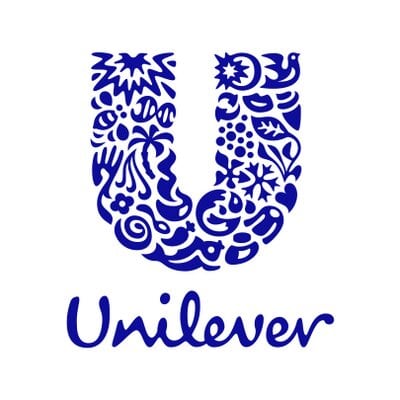Jope will take over as chief executive on 1 January next year and Polman will support a transition process for the first six months of 2019.
Jope has led Unilever’s beauty and personal care division since 2014 and sat on the company’s leadership executive since 2011. He joined Unilever in 1985 as a graduate marketing trainee and has held positions at the group’s businesses in both developed and emerging markets.
“Having worked for Unilever in a variety of senior management roles, Alan has a deep understanding and experience of our business, the industry, and the markets in which we operate. He is a strong, dynamic and values-driven leader with an impressive track record of delivering consistent high-quality performance,” Unilever chairman Marijn Dekkers said.
Jope added: “Over the 30 years I have worked at Unilever, I have seen the many ways in which our brands improve people’s lives, positively impacting more than 2 billion citizens every day.
“Our global footprint includes strong positions in many important markets for the future and our focus will remain on serving our consumers, and our other multiple stakeholders, to deliver long-term growth and value creation.”
It was widely anticipated that Unilever would opt for an internal candidate when seeking a new CEO, although Polman had indicated that the group would benchmark against external candidates.
‘Just like marmite’

Polman has been Unilever CEO for a decade. Announcing his departure, Unilever stressed that during his tenure the company has delivered “consistent top and bottom line growth ahead of its markets”. The past ten years have seen Unilever deliver a total shareholder return of 290%, the group noted.
Under Polman’s leadership, Unilever has upped its commitment to sustainable business practices and developed the Unilever Sustainable Living Plan.
“Paul is an exceptional business leader who has transformed Unilever, making it one of the best-performing companies in its sector, and one of the most admired businesses in the world. His role in helping to define a new era of responsible capitalism, embodied in the Unilever Sustainable Living Plan, marks him out as one of the most far-sighted business leaders of his generation,” Dekkers commented.
However, Polman’s leadership style drew mixed reactions from investors.
“Just like one of Unilever's highest profile products, Marmite, Polman engenders strongly differing opinions from investors. Some investors simply do not like him or his "preachy" style on Sustainable Living…and more than one investor has remarked on a perceived ‘god complex’. However, many investors really like Polman…and consider that he will be a very difficult CEO for Unilever to replace. We concur with the latter view,” Bernstein analyst Andrew Wood noted.
“Polman made substantial cultural, management and operational changes at Unilever that have established it as a higher-quality and much more highly-regarded company than it was 10-15 years ago. Polman's Sustainable Living Plan has given Unilever an identity and a purpose beyond just simple financial metrics, but this should also be a driver of strong and sustainable returns into the long-term. Curiously, resisting the approach from Kraft-Heinz earlier this year might turn out to be the defining moment of Polman's tenure, although it could be argued that he should not have allowed Unilever to become so vulnerable in the first place.”
According to MainFirst CEO Alain Oberhuber, the timing of Polman’s exit could reflect recent challenges faced by the group’s leadership, ranging from the failed attempt to relocate Unilever’s HQ outside the UK to the unsuccessful hostile takeover bid launched by KraftHeinz.
“Although not specified by the company, we assume that the reasons for the quicker than expected retirement are mainly that… Polman and… Dekkers underestimated the opposition, particularly from UK investors in their plans to simplify the share structure and headquarter relocation to Rotterdam; Polman was seen by many investors to be less strongly involved in the daily business as he used to be; and the battle against Kraft Heinz has taken its toll,” he suggested.




